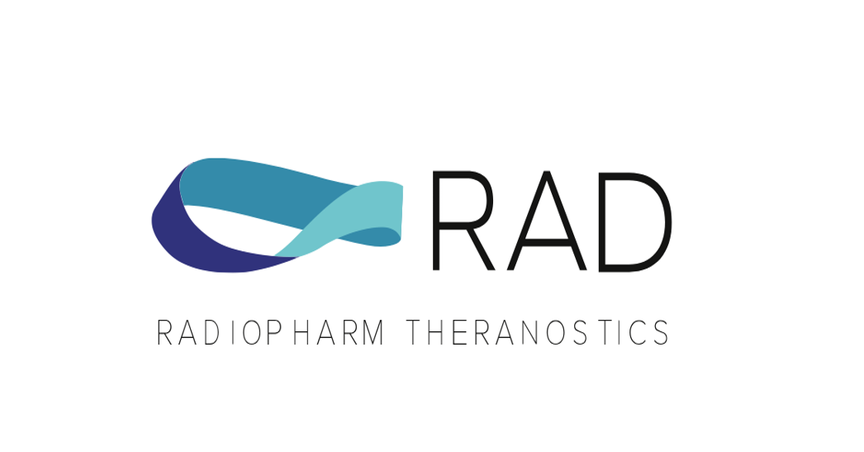Highlights
- Radiopharm dosed the first patient in the Phase 1 RAD204 trial for non-small cell lung cancer.
- The FDA approved the IND application for RAD101, advancing research on brain metastases with a Phase 2b trial.
- The company increased its ownership in Radiopharm Ventures LLC to 75%.
- ADR program launched to engage US investors, paving the way for a potential Nasdaq listing.
Radiopharm Theranostics (ASX:RAD), a clinical-stage radiotherapeutics company, reported significant progress in its quarterly report for the period ended 30 September 2024.
This quarter, the company dosed its first patient in the Phase 1 therapeutic RAD204 trial for non-small cell lung cancer. Additionally, Radiopharm received the FDA IND approval for its Phase 2b trial targeting brain metastases with RAD101. The company also increased its ownership of Radiopharm Ventures to 75% and launched an American Depositary Receipt (ADR) program to engage US investors.
First Patient Dosed in RAD204 Trial for Non-Small Cell Lung Cancer
Early in the quarter, Radiopharm dosed the first patient in the Phase 1 trial for RAD204, a nanobody targeting PD-L1 in metastatic Non-Small Cell Lung Cancer (NSCLC). Conducted across several Australian hospitals, the trial aims to evaluate the safety and tolerability of 177Lu-RAD204, expanding treatment options for advanced NSCLC patients.
Brain Metastases Research Advances with FDA Nod
In July, Radiopharm received the FDA approval for its IND application for F18-Pivalate (RAD101). This proprietary imaging agent targets brain metastases and focuses on short-chain fatty acids, which are overexpressed in brain tumors. The FDA nod paves the way for a Phase 2b multi-centre trial that will evaluate RAD101, with the first patient expected to be dosed in Q4 2024. Results are anticipated by mid-2025.
Radiopharm has the exclusive global license for the Pivalate platform and has a collaboration with Imperial College London to further develop a therapeutic candidate that employs the same mechanism of action.
Funding Boost from Lantheus Investment
In August, Radiopharm received a US$2 million payment from Lantheus Holdings as part of a preclinical assets transfer agreement. This funding supports the company’s development of preclinical assets. Additionally, shareholders approved an AU$7.5 million investment from Lantheus.
The capital raise is designed to fuel Radiopharm's growth and advance its pipeline of radiopharmaceutical technologies.
Dr. Dimitris Voliotis Joins Radiopharm as CMO
Radiopharm appointed Dr. Dimitris Voliotis as Chief Medical Officer. With nearly 20 years of experience in pharmaceuticals, he is expected to aid Radiopharm's efforts in developing innovative radiopharmaceuticals for cancer treatment.
Ownership Increased in Radiopharm Ventures LLC
During the quarter, Radiopharm increased its ownership in Radiopharm Ventures, LLC from 51% to 75%. This joint venture, formed with The University of Texas MD Anderson Cancer Center, focuses on developing radiopharmaceutical treatments, including a promising B7H3 monoclonal antibody nearing Phase 1 trials in 2025.
Additionally, two other preclinical assets within the joint venture have shown positive early results. To support these efforts, Radiopharm committed an additional US$4 million to cover future preclinical and clinical expenses.
Level 1 ADR Program Sets Stage for Nasdaq Listing
In September, Radiopharm launched a Level 1 American Depositary Receipt (ADR) program, enabling US investors to buy American Depositary Shares (ADSs). Each ADS represents 200 ordinary shares and will initially trade on the OTC market under the symbol RADTY. This initiative supports Radiopharm's broader plan to expand its presence in the US market.
The company ended the quarter with a cash balance of AU$46.43 million, increasing from AU$27.86 million compared to the prior quarter.
Shares of RAD were trading at AU$0.025 at the time of writing on 30 October 2024.




